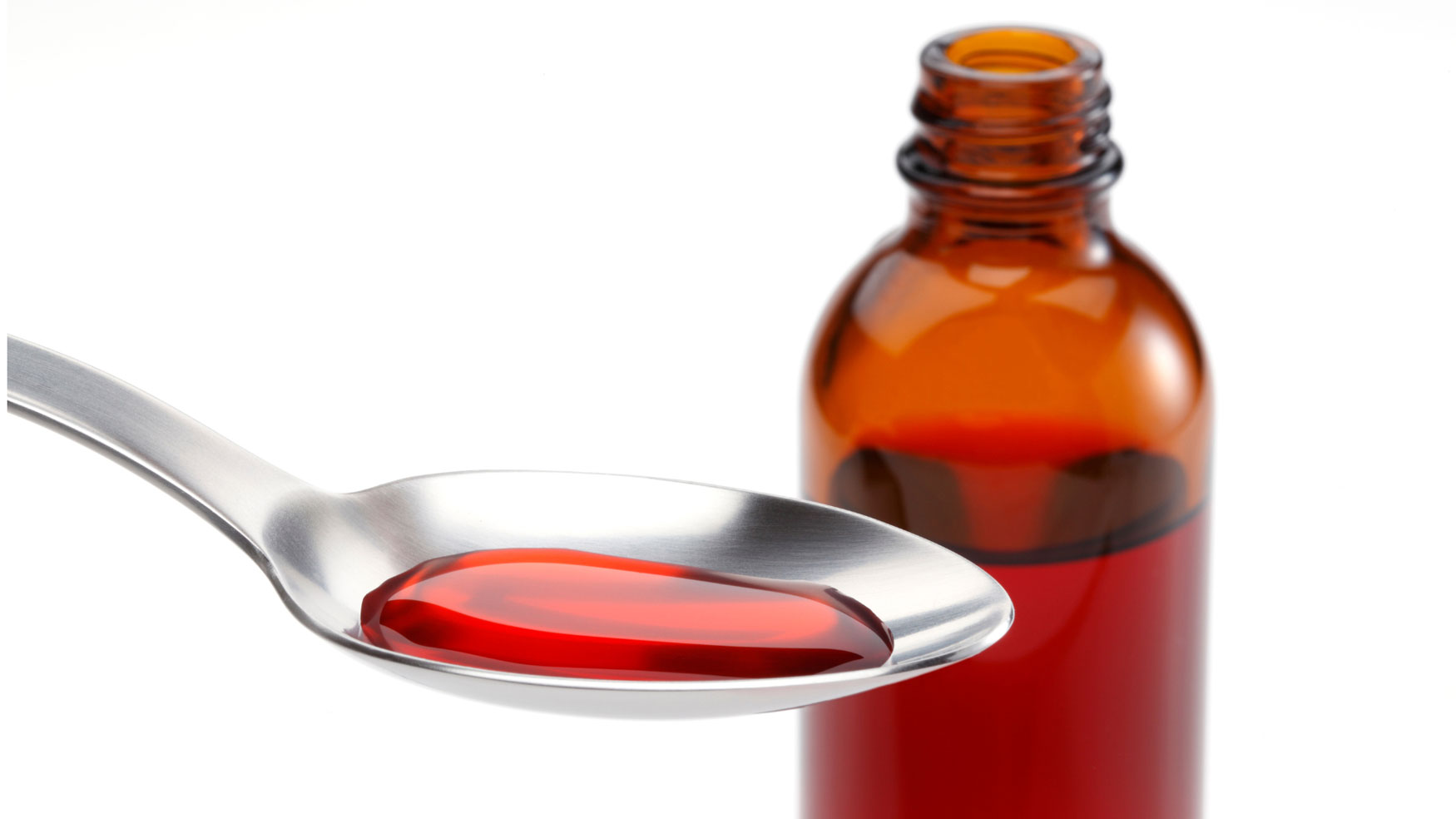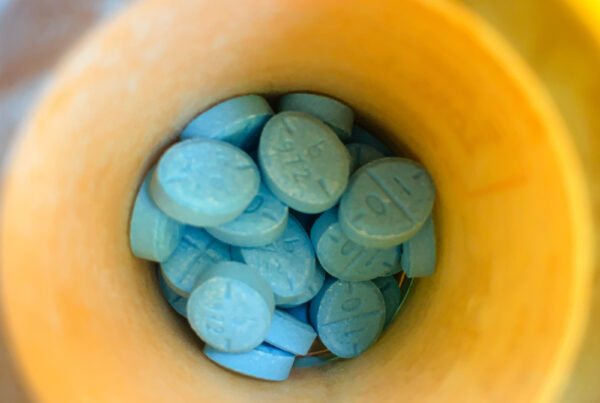
Table of Contents
Key Points
- NyQuil® often contains the ingredients acetaminophen, dextromethorphan, or doxylamine.
- NyQuil® is a very popular medicine for treating cold and flu symptoms.
- NyQuil® is an oral medication that works for most people within 30 minutes.
- While this medication is safe, it can become dangerous if you take too much.
NyQuil® typically kicks in around 30 minutes after taking it, lasting about six hours. However, the exact timing may vary from person to person. Some people may not feel anything after taking a single dose and may have to take another. The drug’s efficiency is closely related to the individual and how the drug is taken.
The Length of NyQuil®’s Efficacy
NyQuil® is one of the most popular OTC cold and flu medications on the market. The NyQuil® brand has many cold and flu medication types, but most do the same thing. They help reduce unpleasant flu and cold symptoms by reducing fever and body aches and pains.
But how long does NyQuil® last? For most people, the substance will kick in after 30 minutes or so. Most NyQuil® products come in liquid or pill forms. Once the substance enters your digestive system, your stomach and liver will break it down over several hours. Its effects last around six hours for most people.
If you want to continuously benefit from the effects of this medication, you would have to take another dose every six hours.
While the ingredients may differ from medication to medication, almost all contain acetaminophen, dextromethorphan, and doxylamine. These ingredients, especially acetaminophen, reduce fever and body pain.
You will occasionally see other ingredients in the mix, such as phenylephrine or alcohol. While the average length of efficacy for NyQuil® is six hours, this may not be true for everyone. Those with fast metabolisms may clear the substance from the body in a much shorter period. Those with slower metabolisms may need more than six hours to remove the substance from the body.
Despite this, it is still safe for most people to take a dose of NyQuil® every six hours. This will keep the substance in your system so that your cold and flu symptoms don’t plague you as much. NyQuil® should not be used for long periods. If your symptoms last over a few days, you should stop taking NyQuil® and talk to your doctor, as you may have a condition more severe than a cold or a case of the flu.
How Does NyQuil® Work?

Any NyQuil® product will contain either doxylamine or diphenhydramine, which are powerful first-generation antihistamines. Antihistamines can treat everything from allergies to colds and stomach problems. Antihistamines in NyQuil® products cause drowsiness and fatigue. Many people avoid taking this medication during the day for this reason.
DayQuil® is more or less the same as NyQuil®, except that it is designed for daytime use. To avoid the side effect of drowsiness, this version uses ingredients such as acetaminophen, dextromethorphan, and phenylephrine. Since these ingredients are not antihistamines, they should not cause fatigue.
Some prefer to take NyQuil® with food, but this isn’t necessary for improving absorption. The medication also shouldn’t cause stomach trouble if you take it on an empty stomach. Some people don’t feel any relief after taking a single dose of NyQuil®. This may be an issue with how they metabolize the medication.
Larger individuals may also need larger doses. However, it is not recommended that you take a second dose if the first one doesn’t work. Taking too much NyQuil® within a short period can be very dangerous. Many overlook this fact because they think that NyQuil® is a perfectly safe medication.
While it is very safe in most cases, it can be dangerous if you misuse it.
The Potential Dangers of NyQuil®
Most people know to take cold medicine in moderation. However, more people have become seriously ill in recent years due to consuming too much NyQuil® and other cold medications.
The “NyQuil® chicken” challenge is an example of this danger. A viral trend recently appeared on the internet that urged young people to cook chicken in NyQuil® before consuming it.[1]
Eating the chicken was not the only danger during this challenge. Heating the NyQuil® also caused it to release harmful fumes that would not affect the young chefs until later. Consuming
NyQuil® this way is dangerous due to the very high levels of acetaminophen, dextromethorphan, and diphenhydramine, which may lead to a harmful and potentially fatal condition known as serotonin syndrome.
NyQuil® and Serotonin Syndrome
Serotonin is a vital hormone that your brain produces naturally. It is considered a feel-good hormone due to its ability to regulate mood, including feelings of happiness or pleasure. It is also essential for memory and sleep. Serotonin syndrome, also known as serotonin toxicity, is when the brain is flooded with too much serotonin.[2]
Having too much of a feel-good hormone may sound positive, but it can be fatal and lead to severe physical damage. Consider the common ingredient dextromethorphan in NyQuil®. This is a potent serotonin reuptake inhibitor, meaning that it prevents serotonin from being recycled in the brain.[3] It instead causes serotonin to build up.
It also urges the brain to produce more serotonin. The brain will become overwhelmed with too much serotonin within a short period. It causes high blood pressure and tachycardia (fast heart rate). It makes a person sweat excessively and enter a confused or even manic state. In severe cases, the person might experience seizures, heart attacks, coma, and death.
It is rare to find people in the advanced stages of serotonin syndrome because few would ever take enough OTC cold medicine to cause such a result. Mild cases of serotonin syndrome are more common and, fortunately, are not usually fatal. As long as a person gets medical treatment
in time, they should make a full recovery.
Addicted to NyQuil®? There is Help Available.
NyQuil® is a helpful, cold medicine that lasts around six hours for most people. While it is very safe, it can become dangerous–as with any substance–if misused.
If you’re experiencing signs and symptoms of a NyQuil® addiction, seek intervention immediately.
Frequently Asked Questions
Below are some of the most frequently asked questions about NyQuil®.
OCEAN RECOVERY EDITORIAL GUIDELINES
The internet contains a vast amount of misinformation, but when it comes to your health only peer reviewed, research centered data matters. At Ocean Recovery, all content published throughout our website has been rigorously medically reviewed by a doctorate level clinician, and cross checked for medical accuracy. Our editorial process helps our readers trust that the information they are consuming is factual and based upon scientific data. Your health is our top priority, find out more about how we safeguard the integrity of information on our website. Read More About Our Process





